|
One of our most enduring summer botanicals, chamomile has a long history of use that stems back to the ancient Greeks, ancient Egyptians, the Romans, and the middle ages. Chamomile has a variety of uses for all parts of the body. In this clinical materia medica, learn all about this beautiful flowering herb and how it can be used for your benefit. In health and wellness, Petra
0 Comments
As we celebrate the beauty and bounty of summer, it's the perfect time to enjoy a huge variety of nutritious seasonal foods. Tons of nutritional research over the years has highlighted the importance of eating seasonal foods for maintaining optimal health. For example, the American Journal of Clinical Nutrition has shown (in clinical trials) that consuming a diet rich in seasonal (summer) fruits and vegetables can significantly enhance your over-all well being!
Seasonal and local foods contain thousands of biologically active phytochemicals that have been identified in plant foods such as whole/ancient grains, nuts, legumes, vegetables, and fruit. Of these plant food groups, vegetables and fruits seem to be the most diverse and thus packed with the most bioavailable chemicals that the body needs to function at its best. For example, one of our favorite summer fruits, the watermelon, has a high lycopene content - this is an extremely powerful antioxidant that can help bring down inflammation and reduce free radical damage in our cells. Other seasonal foods such as leafy greens like spinach, chard, and kale, provide essential vitamins and minerals that support optimal energy and overall health. So, this summer as you experience the beauty of the great outdoors and gather with family and friends, consider incorporating these nutrient rich foods into your celebrations. Not only do they add tremendously vibrant flavors and colors to your meals, but they also contribute to your health, ensuring you feel the absolute best all summer long. If you want some great summer meal ideas, feel free to download my whole foods summer menu by clicking here. If your diet is still lacking, feel free to make an appointment for nutritional and supplement support. In health and wellness, Petra In practice I work with many clients who have chronic illness. With some individuals it is common to have trouble taking nutritional supplements, or rather, the client will say "I can't take supplements". This is often due to something described as the HAMP effect (homeostasis altering molecular process effect), where any change in homeostasis (even positive changes) can create discomfort in the client.
If you believe this applies to you, you may want to consider some of the following: 1) Mammal Meat Allergy: is an immune response that is caused when IgE antibodies have a reaction to a substance called alpha-1,3-calactose, also commonly referred to as alpha gal. Individuals with this antibody react to the carbohydrate moiety of mamma meat, and can happen as the result of an antibody reaction that occurs after a bite from the Lone Star tick. What does this have to do with supplements you may ask? The connection with potential sensitivity to supplements is in the gelatin capsule which can come from animal proteins. In this case it is not the ingredients of the supplement, but rather the capsule. This can be helped by simply switching to a plant based capsule. 2) Gastrointestinal Dysregulation: When a client has significant inflammation and GIT dysregulation to a point that the consumption of any food will cause both further inflammation and possible mast cell degranulation. This may be heard in the complaint of the client "Every time I eat something I feel sick!" or "When I take supplements I feel worse". Clients with this issue generally lean to adapt to this relation to food, simply because there isn't another option. They will say things such as "I feel bad all the time" and will openly have reactions to supplements and foods. In situations such as these, food choices will commonly be narrowed, thus further adding to the problem due to dietary insufficiencies. They are stuck in a feedback loop that can be hard to overcome. 3) Psychological Influence #1 Anxiety: Generally, clients with a complex chronic illness often have body inflammation that drives central nervous system inflammation (CNS). This inflammation then triggers corticotrophin-releasing hormone (CRH), a stress hormone, which then further drives sympathetic nervous system activation. The reaction caused by this is the worsening of the underlying anxiety that has developed over time, especially when clients find themselves unable to get proper help. 4) Psychological Influence #2 Pavlovian Reaction to Foods or Supplements that Cause Worry: This can certainly happen, especially when a client has had so many problematic experiences with foods or supplements. In this type of scenario, the client tries a new supplement, anticipates a negative reaction, which drives the sympathetic nervous system. This then makes the client more inflamed, thus increasing further histamine release and stress chemistry - thus increasing the likelihood of a problematic histamine reaction. The fact that this may be happening does not mean it is simply "in your head", it means that the body has a strong enough reaction to make worry into a physiological response. 5) The HAMP Reaction: A HAMP reaction can be simplified into this - any change in homeostasis, even towards positive changes and better biology, can trigger inflammation in susceptible individuals. In these cases hope is not lost, there are things that can be done early in the process. Some of these options are: a) Start Slow - introducing changes in diet and supporting the individual with gentle herbs and small changes. b) Regulate the Inflammatory Cycle - through the introduction of the anti-inflammatory diet and the use of standard vitamins and minerals to form a better base for the client to begin recovery. c) Reduce the Histamine Burden - Stabilizing mast cells and improve histamine clearance with the use of foods, supplements, herbs, and also the reduction of environmental toxins through changes in what we eat, use on and around our bodies, and the introduction of gentle liver support. My goal is always to meet and support my clients where they are. It is important to me that my clients realize that wellness is their own journey and what will work for one individual will not necessarily work for another. My wellness plans are solely designed with your individuals needs in mind and are subject to continual change as you continue to make strides. In health and wellness, Petra *Original Article by Dr. Yanuck for Cogence LLC , adapted by Petra Sovcov Chronic inflammation can cause health effects and can make you more likely to develop chronic inflammatory health conditions such as an auto-immune disease. Lots of foods can contribute to this and you’ll definitely want to avoid them! The effects of anti-inflammatory foods can be hugely negated if you’re also consuming plenty of inflammatory foods.
Here are a few of the worst culprits for increasing inflammation. Refined carbohydrates Not all carbs are bad but refined carbs can raise inflammation levels. Research has suggested that they can increase levels of inflammatory gut bacteria that can make you more likely to develop inflammatory bowel disease and be obese. In a study involving young, healthy men who ate 50g of refined carbs had higher blood sugar levels and certain inflammatory markers had also increased. White bread and white pasta are super common examples of refined carbs. Swap them for whole wheat alternatives to give yourself a fiber boost. Vegetable/seed oils Some vegetable oils can be hugely inflammatory, including soybean oil. They can contribute a ton of omega-6 fatty acids. Given that the typical Western diet is already full of omega-6 fatty acids and often doesn’t include adequate amounts of omega-3 fatty acids, cooking with these types of oils may increase inflammation levels even more. In a study on rats, consuming a lot more omega-6 fatty acids than omega-3 fatty acids increased inflammatory markers. Ideally, you want to be getting a lot more omega-3 fatty acids than omega-6 fatty acids to keep inflammation in check. Trans fatsThere’s a ton of evidence to say that trans fats are one of the worst things you can eat when it comes to inflammation. They’re hugely inflammatory and raise the risk factor for a whole heap of conditions. They can lower levels of “good” HDL cholesterol and have negative effects on endothelial cells in the blood vessels. The latter is one of the risk factors for heart disease. They can also raise inflammatory markers such as C-reactive protein (CRP). In one study, women with high levels of CRP also consumed large amounts of trans fats in their diet. Trans fats are found in a ton of processed foods, including margarine, cookies, donuts, crackers, breakfast products, and processed snacks. Fried foods and fast food are also culprits. Scan food labels and swerve anything with “partially hydrogenated fats” on the label. This is a big giveaway that trans fats are lurking. Saturated fats Saturated fats can be a problem too. According to some research, it can “short circuit” immune cells, which can cause an inflammatory response. This can raise the risk factor for heart disease and arthritis, amongst other conditions. Full-fat dairy products, pizza, red meat, and cheese are some of the biggest sources of saturated fat. If you eat a lot of these foods, look for lower-fat alternatives. Sugar/fructoseSugar is hugely inflammatory and is a super common culprit for raising inflammation levels and keeping them high. High-fructose corn syrup can be a big problem here, not least because it’s added to tons of processed foods. Research has shown that a high-fructose diet can lead to inflammation in the endothelial cells in the blood vessels and raise the risk factor for developing heart disease. A high-fructose diet has also been linked to increased inflammatory markers in both mice and humans. Mice that were given a high-fructose diet didn’t see as much anti-inflammatory effect from omega-3 fatty acids. The bottom line? If you’re already getting plenty of fructose from fruits and vegetables, you don’t want to be getting a ton from elsewhere too. Added sugars, in general, encourage the release of pro-inflammatory cytokines. Processed meatsProcessed meats are linked to inflammation. They tend to contain a whole heap more advanced glycation end products (AGEs) as they cook, and this can be inflammatory. Eating a lot of processed meat can be a risk factor for certain types of cancer, including colon cancer. Processed meats can include bacon, ham, and sausages. Swap processed and fatty meats for fish or lean protein. Poultry and lean cuts of grass-fed beef can work great for the latter. Foods with MSG Mono-sodium-glutamate (MSG) is added to a ton of foods to add flavor. It can also encourage inflammation. It’s a super common ingredient in pre-prepared Asian foods, soy sauce, salad dressings, pre-prepared soups, deli meats, and fast food. If you eat these types of foods regularly, think about making your own soups, salad dressings, and Asian-inspired dishes. It may take a little bit more time but you’ll know that it’s free from MSG and a lot healthier into the bargain. For many of us, Mother's day is a day that we get to celebrate our wonderful mom's. Whether they are present or not, this day is often filled with loving thoughts, memories, and for some of us, a traditional brunch. With celebration and health in mind, here is a mother's day brunch menu that embraces health and wellness, as well as our wonderful moms. I hope you enjoy! -Petra If you require assistance with dietary planning, or food options for your specific needs, feel free to reach out. I offer a variety of menu plans catered to you! Click Here to Schedule an Appointment or Free 15 Minute Discovery Call 4 Servings Ingredients:
4 Servings Ingredients:
4 Servings Ingredients:
4 Servings Ingredients:
4 Servings Ingredients:
4 Servings
Ingredients:
Stress – the thing that creeps in quick when you least expect it.
When we are stressed, it’s quite easy to develop negative thinking patterns because we become frustrated by our challenges and frequent feelings of being overwhelmed. This negative outlook then makes it even harder for us to manage those challenges and move forward and break through the stress cycle. Practicing positive thinking helps to focus on our strengths and accomplishments, which increases happiness and motivation. This, in turn, allows us to spend more time making progress, and less time feeling down and stuck. Here are my top 10 tips that provide practical suggestions that you can use to help you shift into more positive thinking patterns and kick stress to the curb: 1. Take Good Care of Yourself It's much easier to be positive when you are eating well, exercising, and getting enough rest. Set reminders to eat meals at normal times, to take a 5 minute break each hour and eat a varied and diverse diet. 2. Remind Yourself of the Things You Are Grateful For Stresses and challenges don't seem quite as bad when you are constantly reminding yourself of the things that are right in life. Taking just 60 seconds a day to stop and appreciate the good things will make a huge difference. 3. Look for Proofs Instead of Making Assumptions A fear of not being liked or accepted sometimes leads us to assume that we know what others are thinking, but our fears are usually not reality. If you have a fear that a friend or family member's bad mood is due to something you did, or that your co-workers are secretly gossiping about you when you turn your back, speak up and ask them. Don't waste time worrying that you did something wrong unless you have proof that there is something to worry about. 4. Refrain from Using Absolutes Have you ever told a partner "You're ALWAYS late!" or complained to a friend "You NEVER call me!"? Thinking and speaking in absolutes like 'always' and 'never' makes the situation seem worse than it is, and programs your brain into believing that certain people are incapable of delivering. 5. Detach From Negative Thoughts Your thoughts can't hold any power over you if you don't judge them. If you notice yourself having a negative thought, detach from it, witness it, and don't follow it. 6. Squash the "ANTs" In his book "Change Your Brain, Change Your Life," Dr. Daniel Amen talks about "ANTs" - Automatic Negative Thoughts. These are the bad thoughts that are usually reactionary, like "Those people are laughing, they must be talking about me," or "The boss wants to see me? It must be bad!" When you notice these thoughts, realize that they are nothing more than ANTs and squash them! 7. Practice Lovin', Touchin' & Squeezin' (Your Friends and Family) You don't have to be an expert to know the benefits of a good hug. Positive physical contact with friends, loved ones, and even pets, is an instant pick-me-up. One research study on this subject had a waitress touch some of her customers on the arm as she handed them their checks. She received higher tips from these customers than from the ones she didn't touch! 8. Increase Your Social Activity By increasing social activity, you decrease loneliness. Surround yourself with healthy, happy people, and their positive energy will affect you in a positive way! 9. Volunteer for an Organization, or Help another Person Everyone feels good after helping. You can volunteer your time, your money, or your resources. The more positive energy you put out into the world, the more you will receive in return. If you are looking for volunteer options in the herbal community, try Herbalists Without Borders! www.hwbglobal.org 10. Use Pattern Interrupts to Combat Rumination If you find yourself ruminating, a great way to stop it is to interrupt the pattern and force yourself to do something completely different. Rumination is like hyper-focus on something negative. It's never productive, because it's not rational or solution-oriented, it's just excessive worry and stress. Try changing your physical environment - go for a walk or sit outside. You could also call a friend, pick up a book, or turn on some music. It’s important to understand the signs of stress and react with a positive way of handling it such as these 10 tips. The key to busting stress is making sure that you look after YOU. As your happiness levels increase, your stress levels decrease. Have a look at your work life, your personal life, and social life to see if there are any areas you can create more happiness. You will be surprised what you might find. Still not sure how to combat stress? Need a bit more help with better choices or stress reduction? Feel free to reach out, 15 minute consults are free! Toxins are all around us and your lifestyle is often a big culprit for increasing the amount that you’re exposed to. We often worry about the food we’re putting in our bodies and pay a lot less attention to what we’re putting on our skin and exposing ourselves to when we clean our homes. Personal hygiene products, cosmetics and cleaning products are full of chemicals and other toxins that have scary effects on health and wellbeing. Taking steps to reduce your exposure to toxins by swapping toxin laden products for more natural alternatives can go a long way towards avoiding the health risks associated with toxins.
Bathroom Products/Toiletries: A lot of personal hygiene and toiletries contain nasties, which is scary stuff when you consider how many products the average person uses. Here are just a few of the toxins you’re being exposed to: Formaldehyde is often produced as a byproduct of ingredients found in deodorants, liquid soaps and shampoos. Phthalates are an endocrine disruptor and are known to be able to mimic estrogen and other hormones, which can affect lots of processes in the body. You’ll find phthalates in many shower gels, shampoos, hairsprays, perfumes and nail polishes. Sodium Lauryl Sulphate is found in most products that foam and lather and is a common culprit for skin irritation. Its effects could be much worse though and there are fears that it could be carcinogenic. Toluene is featured in a lot of hair gels, hairsprays and perfumes. It’s a neurotoxin that mimics the effects of estrogen. It’s also linked to liver damage and asthma. Propylene glycol is another common ingredient in toiletries. It’s also used in industrial antifreeze! Triclosan is another endocrine disruptor. Thanks to its antibacterial qualities, it’s included in deodorants, hand soaps, toothpaste, mouthwash and even vaginal washes. It can potentially break down into dioxin, a carcinogenic. How to avoid toxins: There are lots of natural and organic cosmetics brand hitting the shelves and they’re a great alternative to traditional cosmetics. Check the labels carefully though as “natural” doesn’t necessarily mean toxin free. What you really want to look for is “clean beauty” brands and products. For example, clean beauty lipsticks are usually made from a range of natural oils, while powders can be made from cornstarch. Makeup/Cosmetics: Lots of your favorite cosmetics contain a whole host of toxins. Some of the big ones include phthalates and Triclosan. These are known to be endocrine disruptors that mimic the effects of hormones such as estrogen. According to research from the University of Maryland, phthalates can cause reproductive abnormalities and stunt testosterone levels and fertility in men. For women, they’ve been linked to an increased risk of premature deliveries. BHA and BHT are used as preservatives so that your cosmetics have a longer shelf life. They’re also endocrine disruptors and are linked to skin allergies. If you’re already aware of the risk of toxins in your cosmetics, it’s probably because of parabens. These are also used as preservatives and they can penetrate the skin very easily. So much so that traces of them have been found in breast cancer tissue! It’s thought that they can affect reproduction, the nervous system and the immune system so their effects could be widespread. A few other nasties that can lurk in your make-up:
How to avoid toxins: Ideally, you want to be using products with these nasties as little as possible. Have a good look at the ingredients before you buy and avoid anything that you’re not sure about. There are lots of natural beauty alternatives on the market these days but check the labels as they can still contain a few toxins. Cleaners Cleaning products are another common culprit for toxins, especially chemicals. This is a big worry when you consider that a lot of the time, you’re cleaning in areas with little ventilation such as bathrooms. This makes it a lot more likely that you’ll inhale chemicals from the products. A few things to think about when it comes to cleaning products:
How to avoid toxins: Make your own cleaning products with natural ingredients such as vinegar, baking soda and essential oils. It does require a bit more in the way of elbow grease but you get great piece of mind that you’re not risking your health. Still concerned about what to do? If you've made it this far in the article, you may be concerned about the impact of toxic load. If you are, there are a lot of things that you can do to become informed of your current state or to remedy the issue. First and foremost - Get Tested!! I offer a variety of private lab testing options that allow you to see the state of your toxic load and to gage your exposure to a variety of chemicals and heavy metals. Some of your options are as follows:
Want to know about more options for decreasing your toxic load? I offer gentle herbal detox programs, and 1:1 coaching for detoxifying your home and lifestyle. 15 minute information consultations are always free. Schedule today! In Health and Wellness, Petra How to Control Stress and Anxiety with Good Food!
How Stress Mounts up when you are Busy. Stress-related illnesses such as high blood pressure, cardiovascular disease, and diabetes, are rapidly reaching epidemic proportions. Stress can build up in a busy lifestyle when you are not prepared for a looming deadline, have a never-ending-to-do list, have anxious feelings that there is something you have forgotten to do, or perhaps feel that you are falling behind in your work. When it gets a bit too much for you to handle, you are tempted to throw in the towel and find something decadent, but comforting, to eat. Fries and cakes will probably be your first choice, but filling up on these foods will more than likely leave you feeling more anxious than ever. Depending on the severity of the stress, which in some cases will definitely need medical intervention and possible medication, research has shown that anxiety and stress can be controlled with food. Not Just Any Food! Studies have shown that there are certain foods which have been proved to reduce stress levels. Most of the foods do not take hours to prepare, and for busy folk, will be quick-to-make snacks or meals. Here are some of the most common foods to use when anxious:
All the above foods, as well as others like avocados, and dark green veggies such as spinach, broccoli, and lettuce, are beneficial for helping you cope with anxiety. They contain vitamins and minerals that are known to calm the mind and body. At the same time, your energy levels get a boost, motivating you to get some exercise, which will also stabilize your mood. Foods that should be avoided when you are stressed. Just as important as it is to eat the right foods to help ease anxiety, it is even more important to make sure you do not eat food that will aggravate your stress. Here are some critical foods to stay away from: All refined foods like cakes, pasta, rolls, cookies, and bread. These foods do not have any fiber to slow down the digestion of all the flour and sugar. Glucose levels go through the roof and spike the release of cortisol, which makes you crave even more of the same bad stuff. Don’t go for a so-called healthy granola bar. It is just a sugar-rich candy bar with a few seeds added. Unless the ingredients are raw without sugars added, avoid these . Avoid other sweets as well. Skip the deadly, delicious ice cream, universally favorite comfort food of the masses. The high sugar content will raise the cortisol levels, and lead to raised anxiety and more stress. Avoid fried foods as much as possible, as even the ever-popular French fries is a big no-no! This comfort food is little more than unhealthy saturated fats, and greasy carbs. Finally, something to remember. Overcoming anxiety without medication, or even with reduced medication, involves making permanent lifestyle changes, especially when it comes to your diet, and getting some exercise. Healthy eating and exercise are one of the best ways to control stress. Always make sure that you drink enough water, as studies have found that many folks who have persistent stress, are also somewhat dehydrated, which is known to cause more anxiety. If you are taking medication for stress, do not stop taking it, or even reducing medication, without discussing it with your doctor/practitioner. Getting in a better state of mind by choosing the right foods, is not a call to toss your meds! Valerian is one of those types of herbs that everyone seems to know about, and everyone seems to have a story about. For me, this herb falls into the subheading of "standard household herb", as it is a critical helper for the nervous system and assists adults and children alike with rest, relaxation, and more substantial sleep. Despite it being a wonderful sedating herb and an ally to the nervous system, it has a myriad of other uses! The skin, issues with spastic pain, night terrors, migraines, and even epilepsy are some of the traditional ways this plant has been used. Enjoy this new updated monograph below and let me know how Valerian has helped you! Want to know more about this herbal ally or have questions about options for natural/herbal medicine? Please feel free to reach out. In health and wellness, Petra Reishi (Ganoderma lucidum) has been used as a medicinal for nearly 1000 years and has a tremendously extensive materia medica in a multitude of cultures. In this monograph learn a bit more about this beautiful forest dwelling mushroom, a bit of its history, and what clinical trials and modern science are teaching us about this healing plant. |
Petra Sovcov is not a Medical Doctor (MD) nor a Naturopath (ND), she is a Clinical Herbal Therapist (CHT) and holds a Doctorate in Natural Medicine (DNM). The suggestions or recommendations made on this site are not meant to be a substitute for advice from your MD, or as a substitute for any prescriptions you may be taking. Suggestions followed will be the responsibility of the reader, and are stated with the intention of interest and education only. If you have a health issue, please see your primary care physician (MD) first and foremost. Categories
All
Archives
July 2024
|
||||||



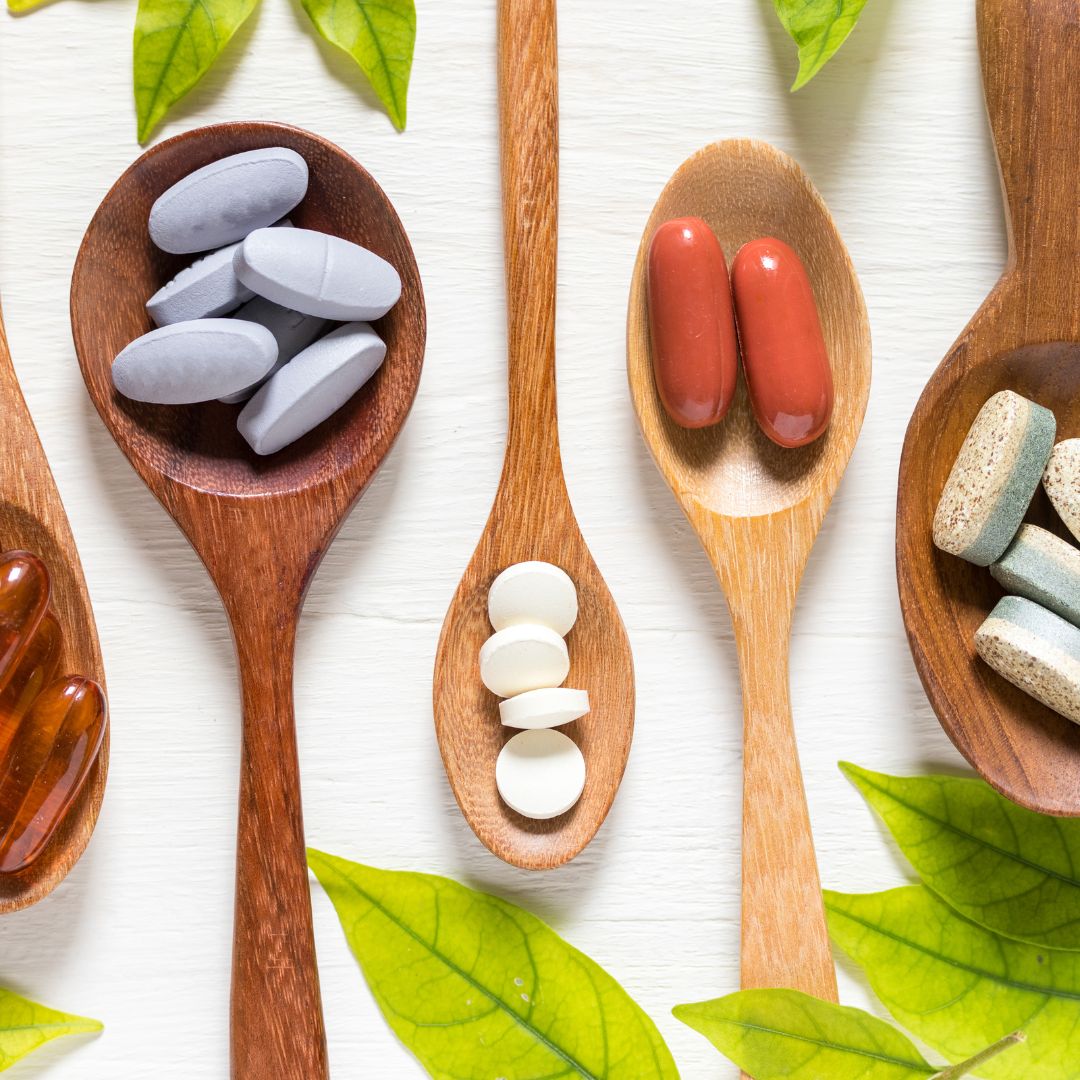
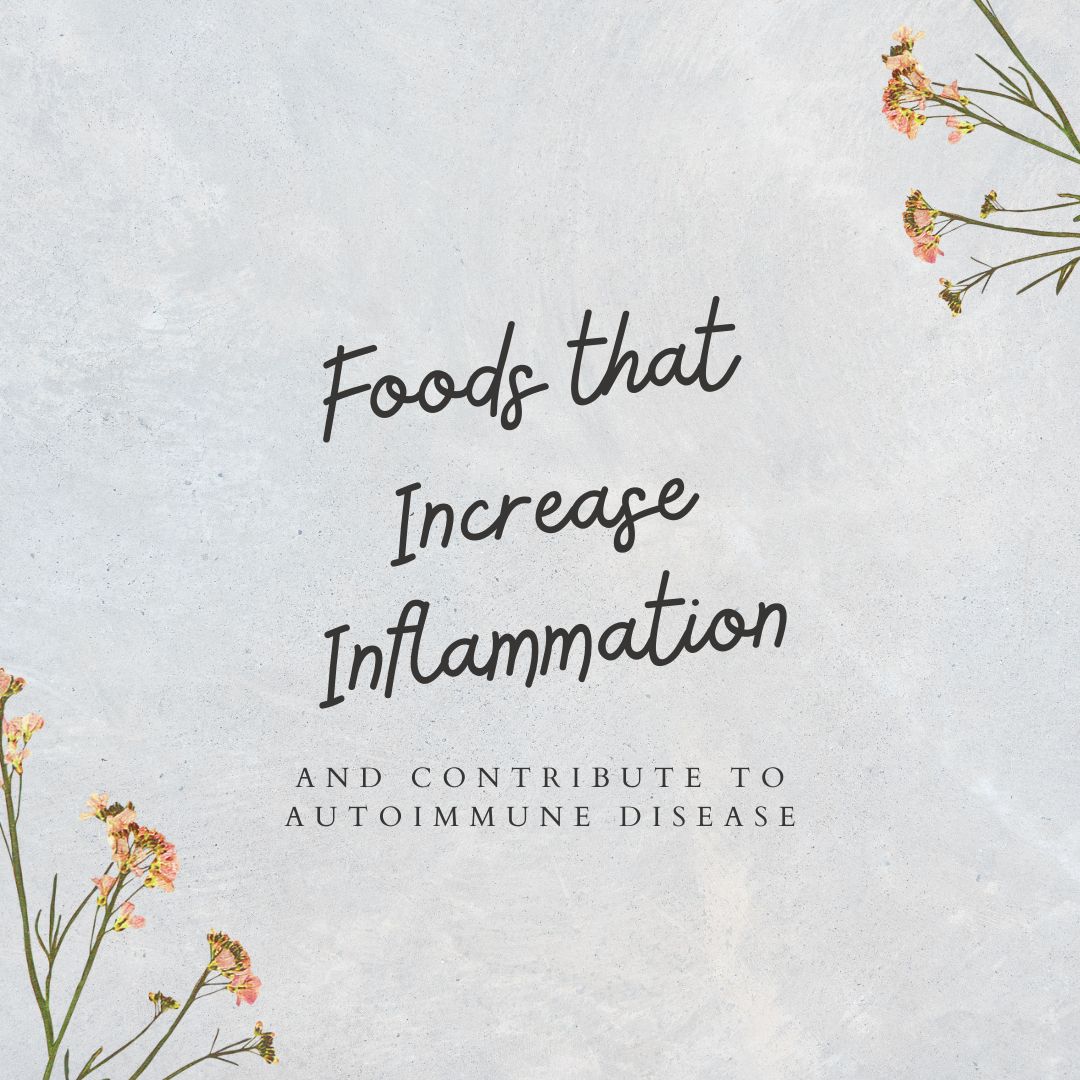

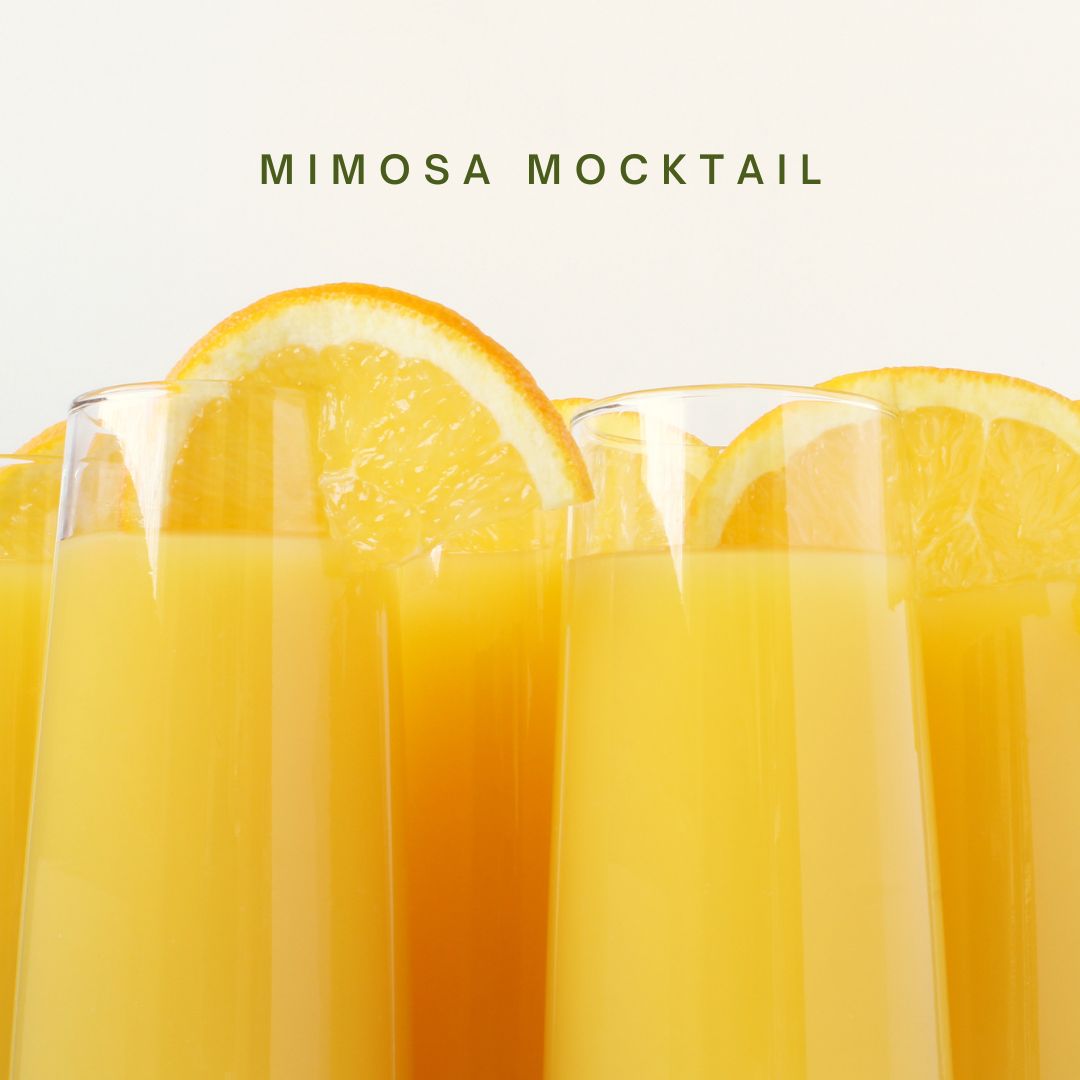
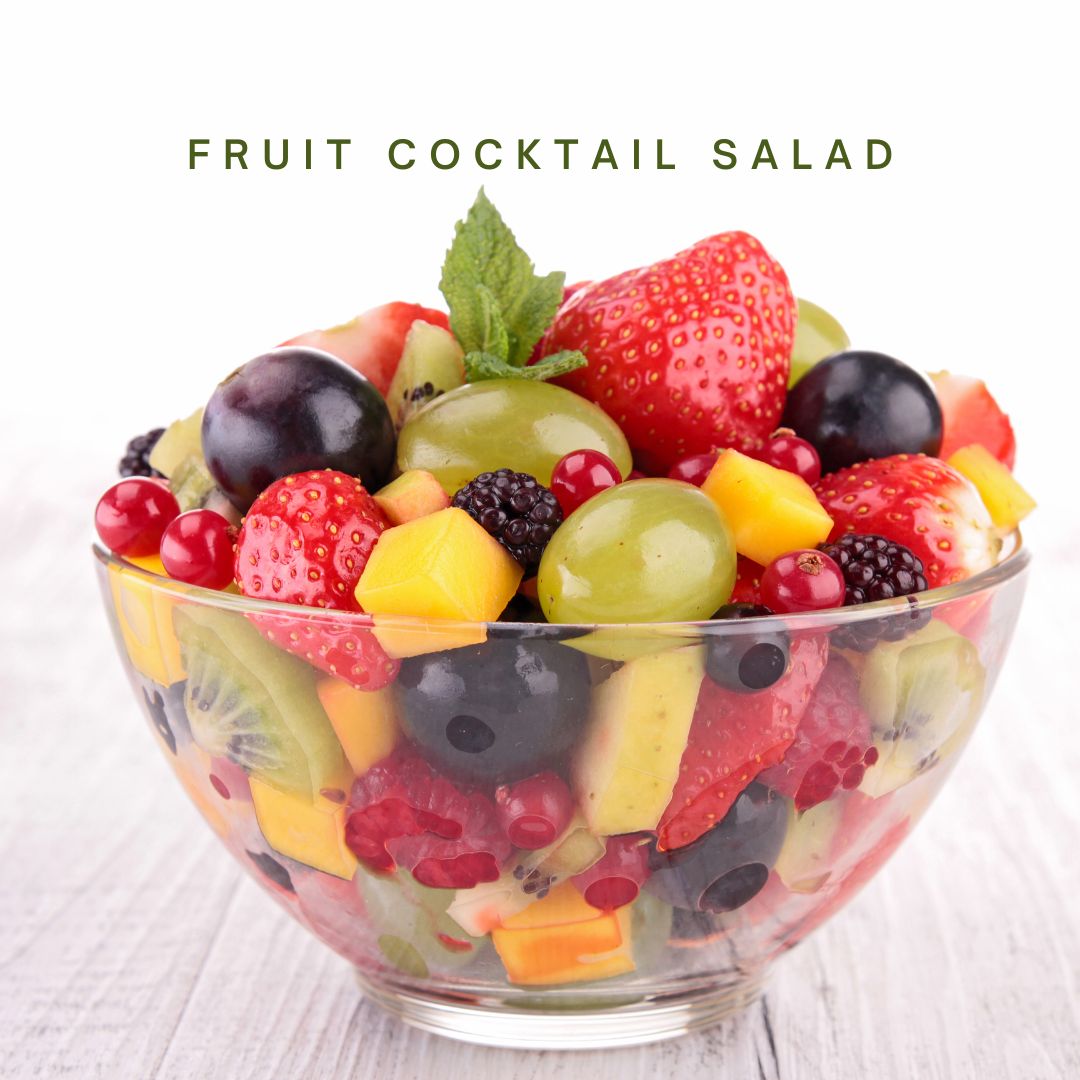
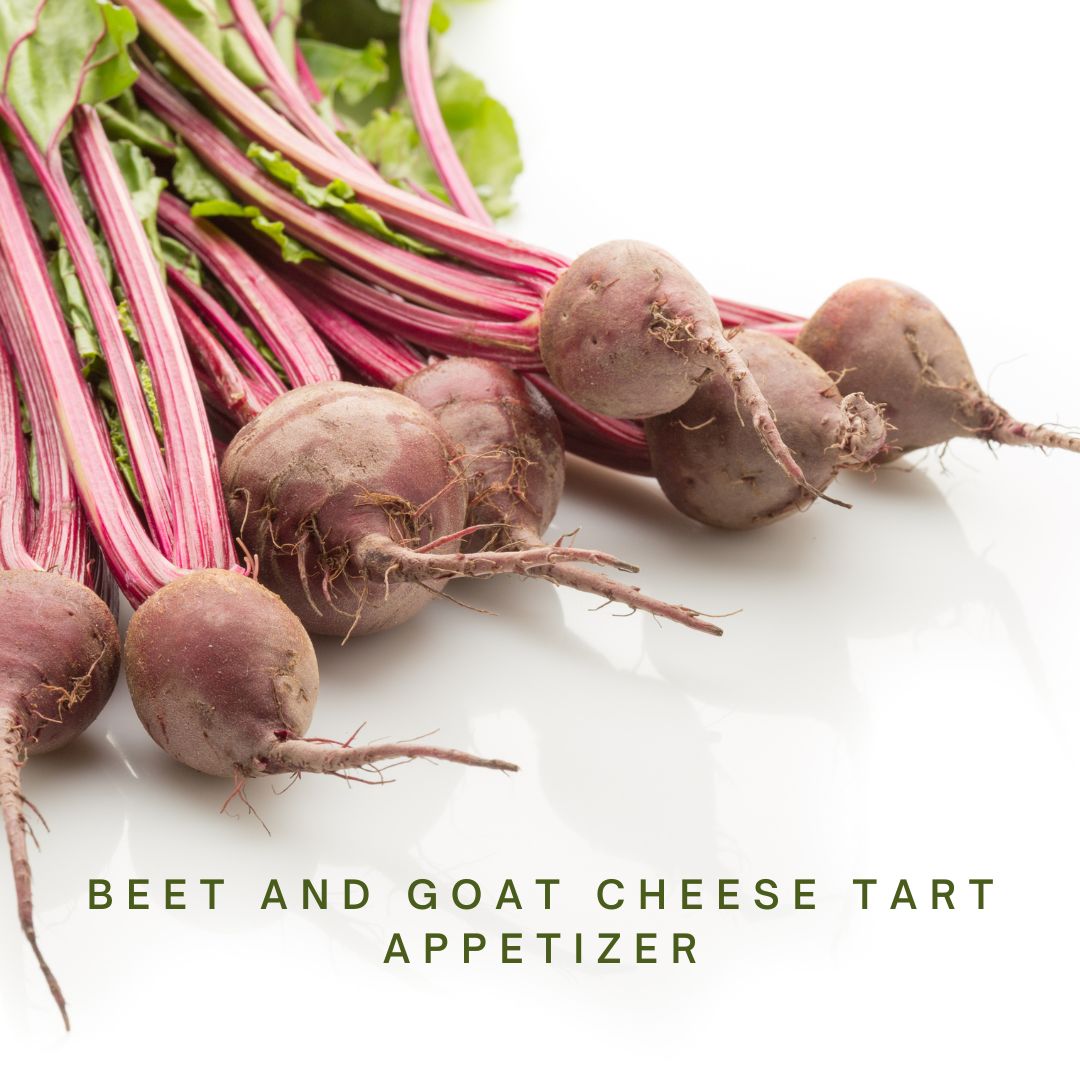
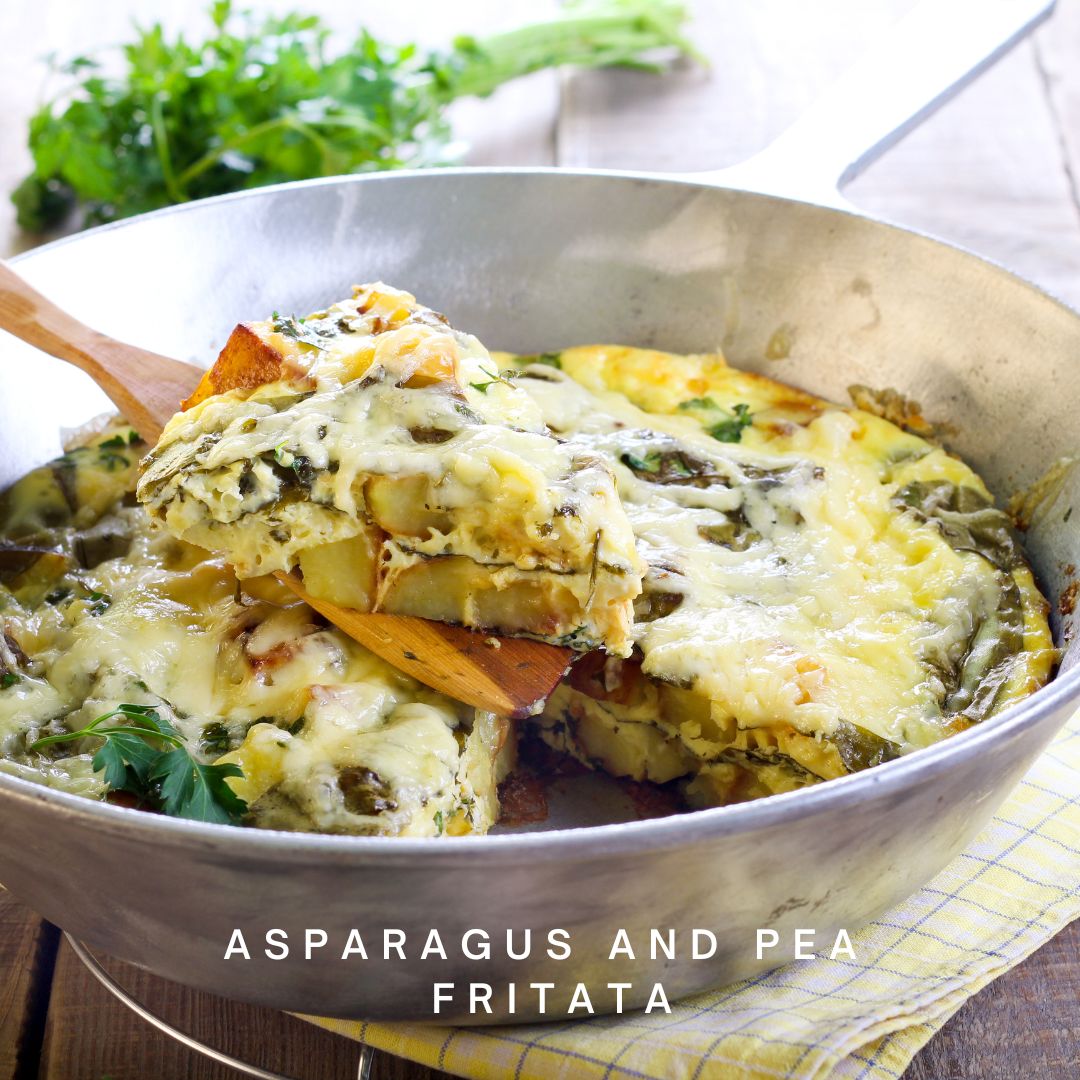

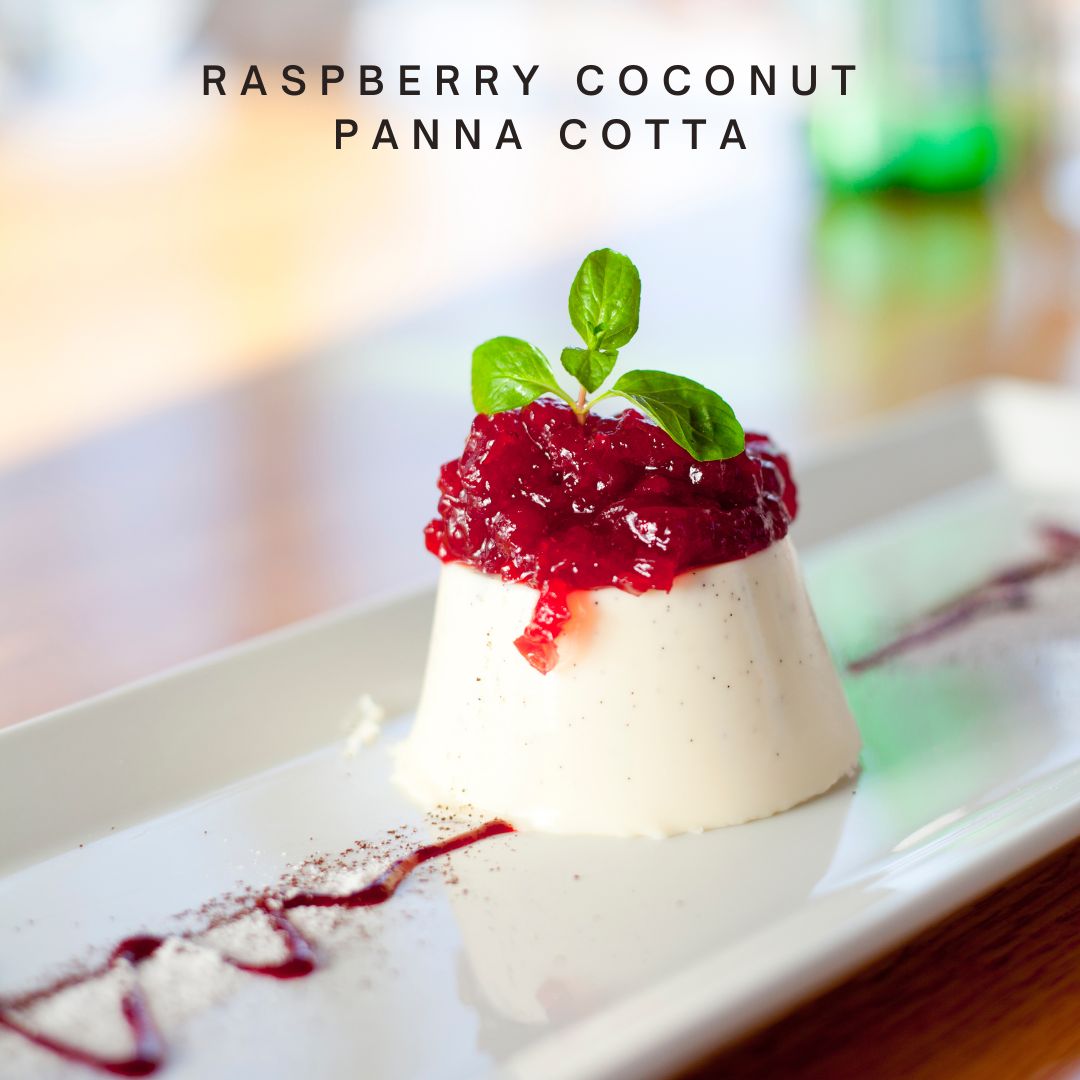
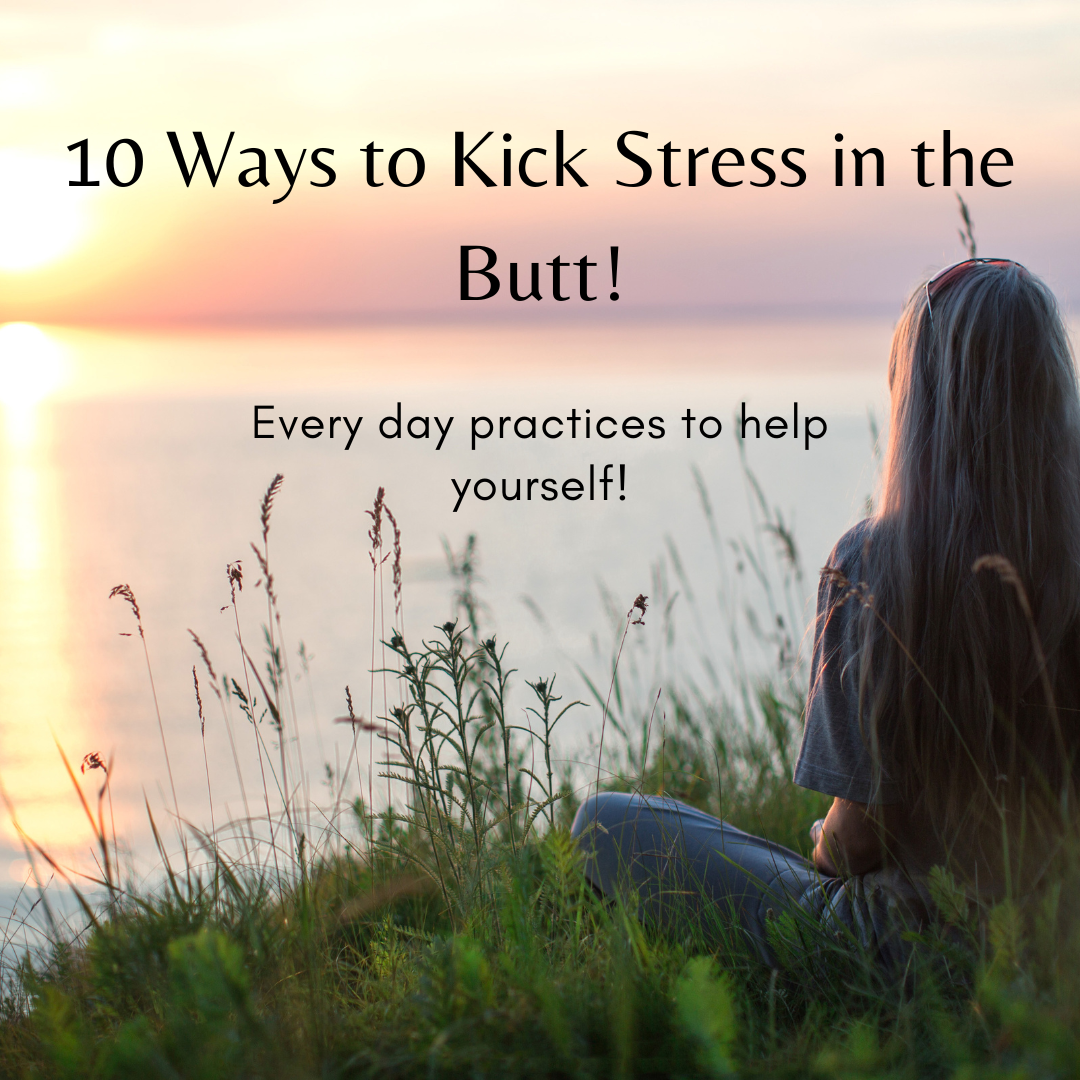
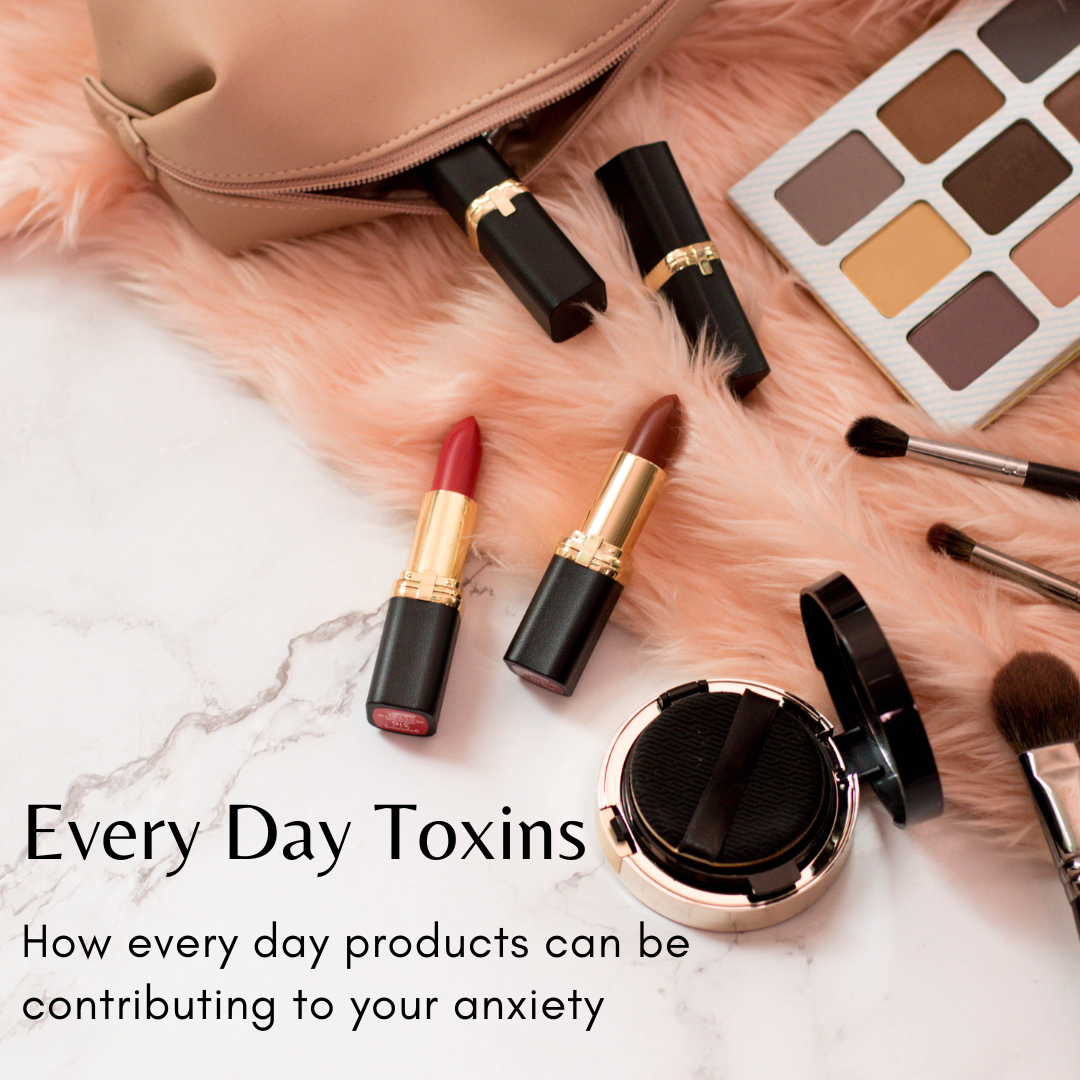
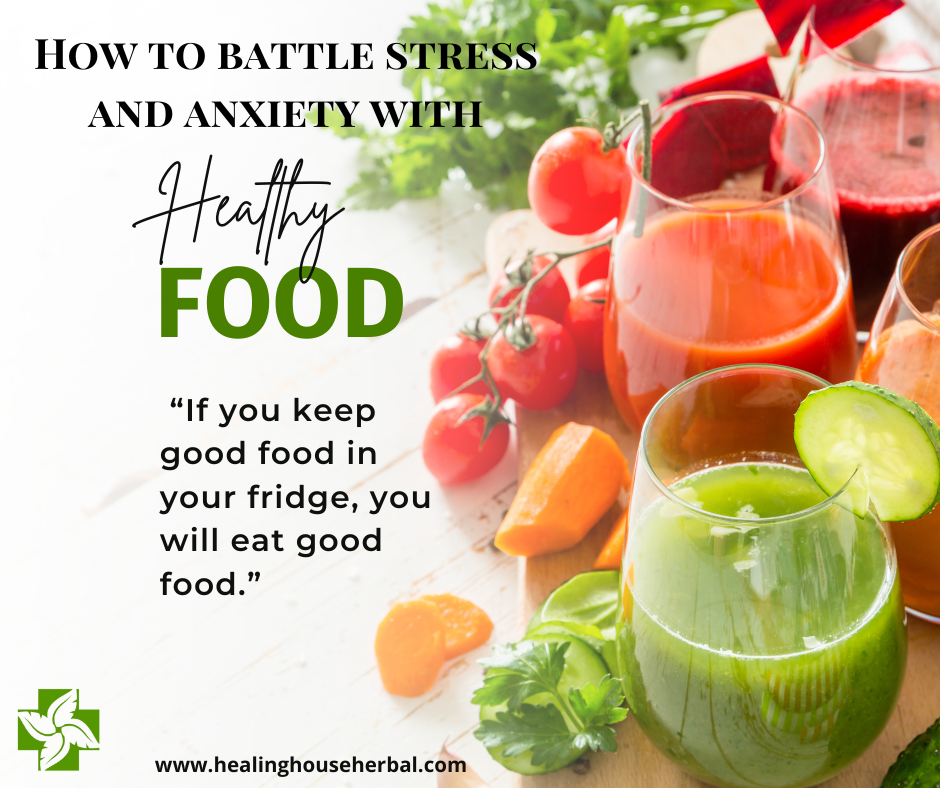

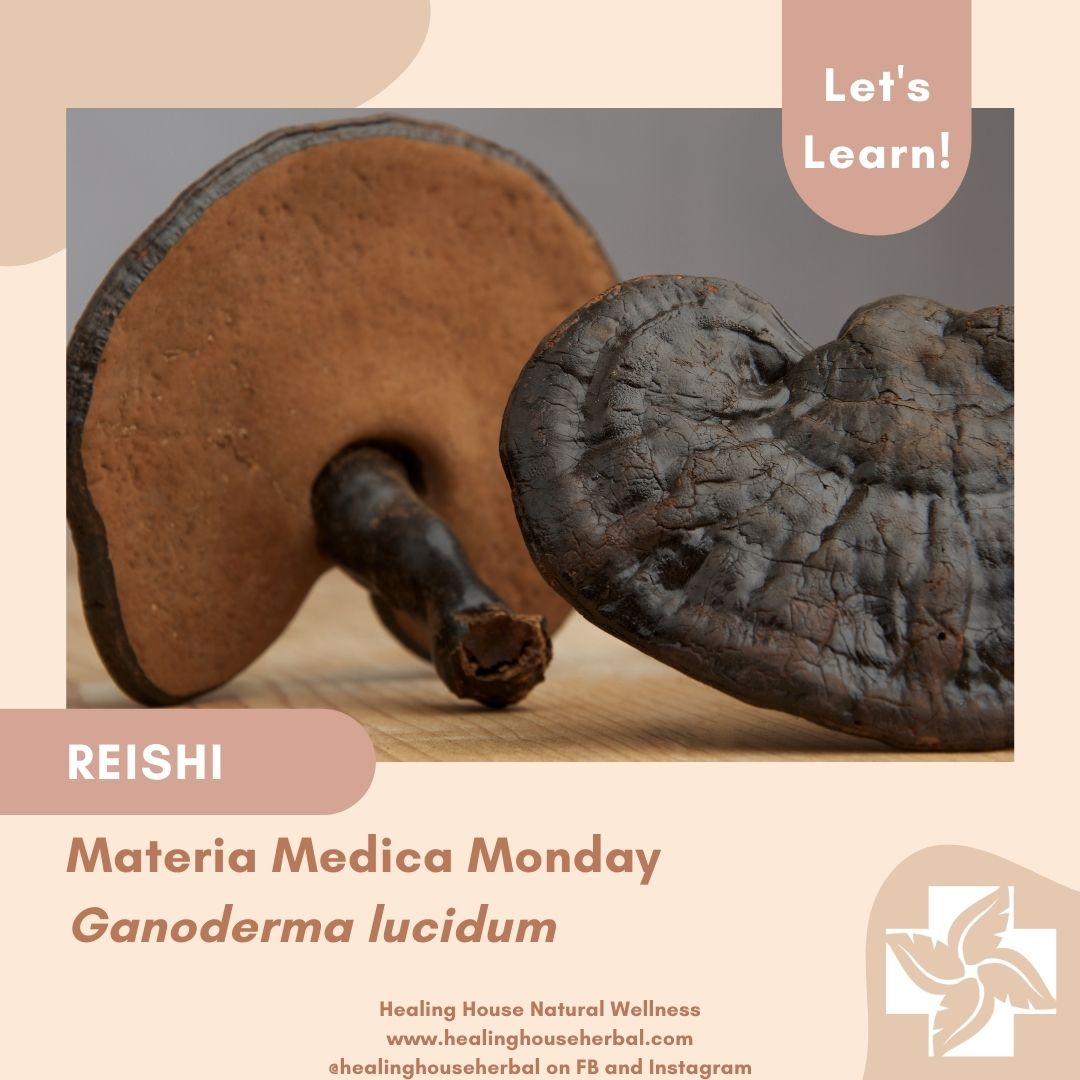
 RSS Feed
RSS Feed